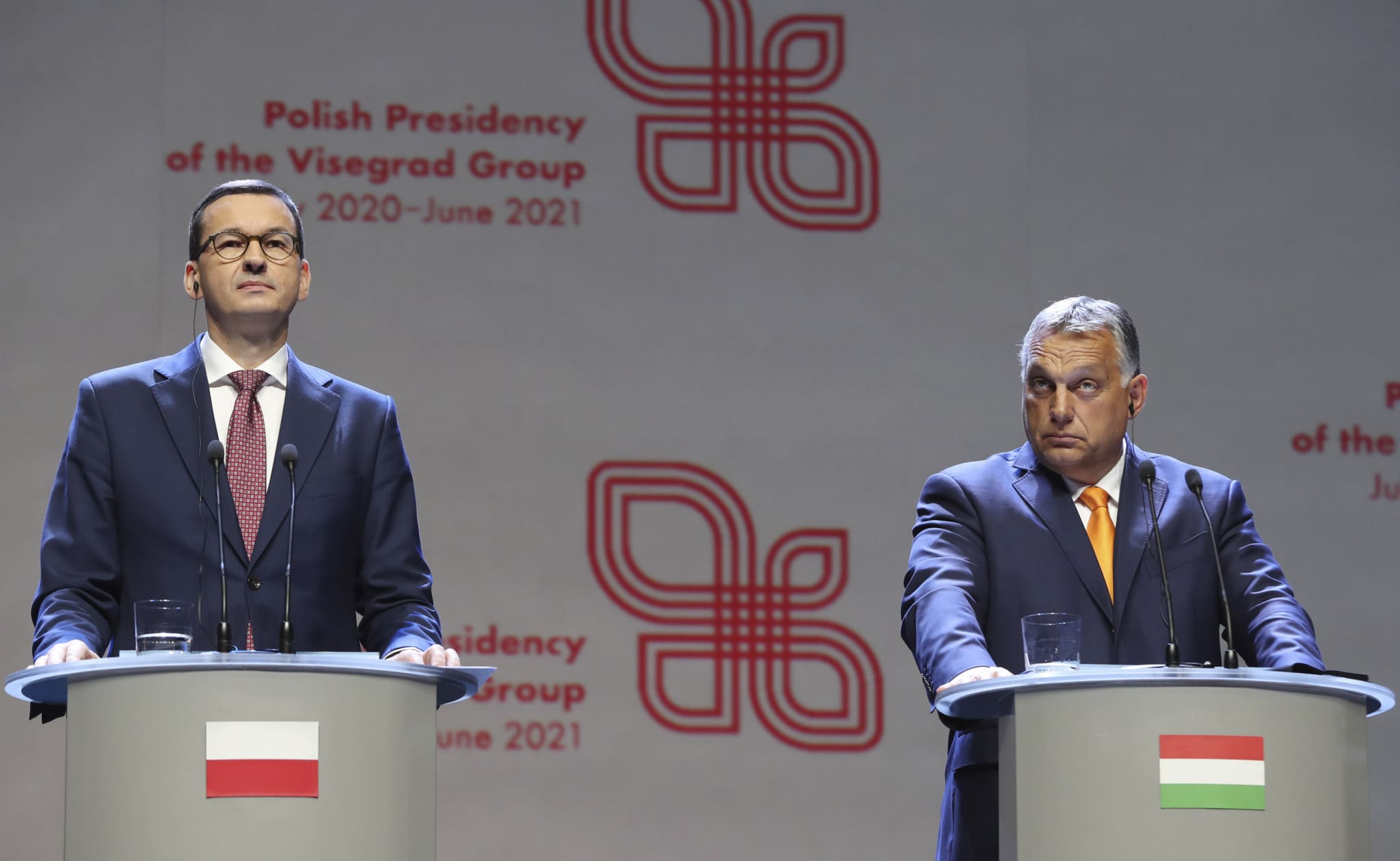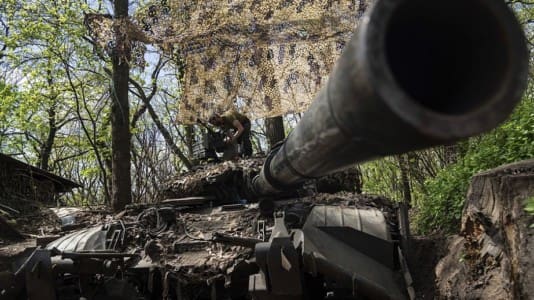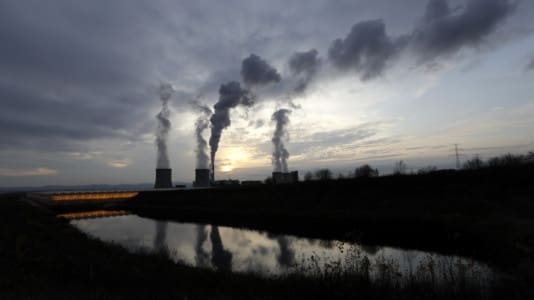It is a common understanding that the Achilles’ heel of the historic Polish-Hungarian friendship and political alliance has always been Poland’s antagonistic relationship towards Russia. This has been exacerbated by the fact that preceding the invasion of Ukraine in February, Hungary has maintained a balanced — some might say cordial — relationship with Moscow that has been seriously overblown by Western media into a grotesque “Putin puppet” narrative.
Nevertheless, Hungary’s stance was a risky, yet effective strategy from the government of Viktor Orbán to mitigate the effects of the political bullying coming from the EU by strengthening economic cooperation between Russia and Hungary. As a result, after the February Russian invasion of Ukraine, the EU elite and their smaller, ideologically aligned satellite governments immediately recognized the historical opportunity to destroy the Visegrád Four (V4) alliance that they have been trying to undermine for years without success.
[pp id=25008]
During his visit to Warsaw on April 29, Czech Prime Minister Petr Fiala, himself a head of government of a V4 country, managed to accomplish the de facto suspension of the Central and Eastern European alliance, which will no doubt be remembered with fondness among the Brussels elite as far as future job prospects go for the Czech premier. During a joint press conference in Warsaw, Polish Prime Minister Mateusz Morawiecki said that the V4 format still exists but “we need to clarify very thoroughly the issues related to Russia’s aggression towards Ukraine.
“We fundamentally disagree with Hungary’s attitude towards Ukraine today… and we expect an unequivocal and very strong position from Budapest, condemning the Russian crimes in Ukraine,” he added. “This is indeed a very important condition because we cannot close our eyes to what is happening there,” he concluded.
[pp id=33199]
For his part, Fiala added that “we want this position to be very clear and in line with what we believe to be appropriate.”
The Polish prime minister’s call for “thorough clarification” and his “fundamental disagreement” is something that the government in Budapest could have reacted to with an actual factual reply, as such expectations are fair enough in a crisis situation such as an all-out war at the Eastern borders of the alliance. The serious problems start with expressions such a “we expect an unequivocal… condition,” and Fiala’s “we want a position in line with what we believe.” This is now unquestionably “Brussels-speak.”
It is no secret in Polish and European politics that the real power and strategist behind the Polish government and the prime minister is the leader of the Law and Justice party, Jarosław Kaczyński, who is known for his uncompromising, borderline militant stance towards Russia, but who is also a politician who understands the importance of the V4 alliance, as well as the meaning of the historic relationship between Hungary and Poland better than most. However, the statements uttered during the Friday press conference inadvertently leave the impression of Morawiecki as a politician who can be swayed all too easily.
The Polish prime minister should have understood that Fiala’s concern about Hungary has nothing to do with any practical approaches to the conflict in Ukraine, as the government of Viktor Orbán did in fact condemn the Russian invasion unequivocally, and voted for sanctions against Moscow in the U.N., as well as in the EU. It will furthermore make no difference on the battlefield in Ukraine whether Hungary sends its aging stock of rusty post-Soviet weapons to Ukraine or allows the transit of weapons through its territory, something the government in Budapest has banned. This visit was in fact a not-so-subtle attempt by Brussels to absorb the Polish government into a political alliance that has very recently wrapped its real goals into an intricate “solidarity with Ukraine” image.
[pp id=33800]
The government in Warsaw should be way more cautious and realistic about allowing its anti-Russian anger to be exploited to Brussels’ advantage by allowing itself to pronounce joint-pledges against the only genuine ally in the region that it had in the past century: Hungary. All the informal voices coming from high places in the EU suggesting that rule-of-law proceedings against Poland should be dropped due to the country’s “exemplary” moral stance on Russia, should turn on warning lights in Warsaw and be recognized for what they are: a political honey trap that will backfire spectacularly should the Polish government fall for it.
While lapping up praise and recognition for presenting an iron fist towards Russia in the East, Poland is dropping its guard against interference from the West. By the time they finally understand that the praise and political deescalation from Brussels has come with an endless list of strings attached, it could be too late to change course.
The government of Petr Fiala has aligned itself entirely with the whims and political goals of the EU’s increasingly totalitarian leadership, and will absolutely have no scruples about stabbing Poland in the back the moment Warsaw rediscovered its focus on the struggle for conservative values and national sovereignty in the future. Despite the current acrimony, Poland will most likely be able to count on Hungary’s political support in the years to come, as long as there is a conservative government in Warsaw that is.





